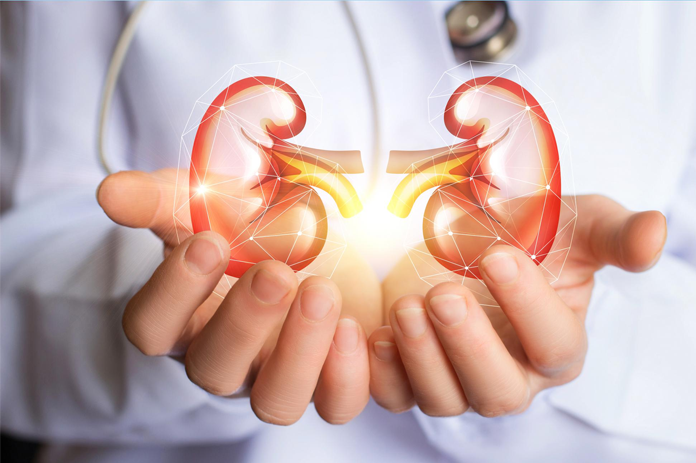Kidneys come in pair and shape like beans, they can be found under the rib cage and on either side of the spine. Each kidney usually weighs about 142 grams and 13 centimeters in length. The organs are very essential parts of the body, so it is important to know how they work and how to keep them healthy.
The blood flowing through the kidneys is substantial - they receive more arterial blood compared to other organs in the body. Kidneys are like filters, their primary role is to maintain the constant level of fluids in the body. They filter the blood and strain out waste products and water - ending up as urine. The organs can filter 142 liters of blood and produce one liter of urine, as per the South China Morning Post.
Kidneys become an effective filter as each of them contains about a million filtering units called nephrons - each consists of the tubule, glomerulus, and a filter. The term comes from the Greek word "nephros," meaning kidney. The number of nephrons reportedly drops in each kidney when a person reaches the age of 40 - falling at about 1 percent every year.
If one kidney was removed, the functional capacity of the other one reduced to 75 percent. And even if one has been taken away, the other kidney could still sustain life since the nephrons could enlarge and handle the excess load.
But aside from removing body wastes, kidneys also help controlling blood pressure. Hypertension is one of the most common causes of kidney disease, said Dr. Angela Wang Yee-moon, honorary associate professor at the University of Hong Kong and president of the International Society of Renal Nutrition and Metabolism.
Diabetes can also damage the kidneys by destroying the small blood vessels. When that happens, the organs wouldn't filter the blood as efficiently and would retain more salt and water which leads to waste build-up - this is harmful to kidneys. Moreover, diabetes can also damage the nerve systems, making it difficult to empty the bladder.
Acute kidney injury, on the other hand, is the most life-threatening condition. It can be fatal without treatment because of the accumulation of metabolic waste. Dialysis treatment is recommended to replace the job of the kidney by removing the metabolic wastes and fluids. Dr. Wang says acute kidney injury isn't always reversible, so it's important to look after it.
In order to do that, we should always set a healthy diet - low in salt and red meat - and eat plenty of fruits and vegetables. We should also get enough exercise, drinking plenty of water, and avoid smoking. Do not abuse over-the-counter drugs, particularly pain killers, as they can damage kidneys. Lastly, it's important to regularly track blood pressure to prevent or control hypertension and diabetes.






